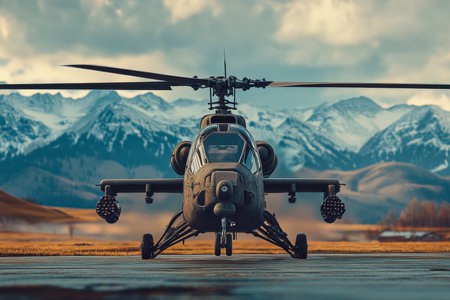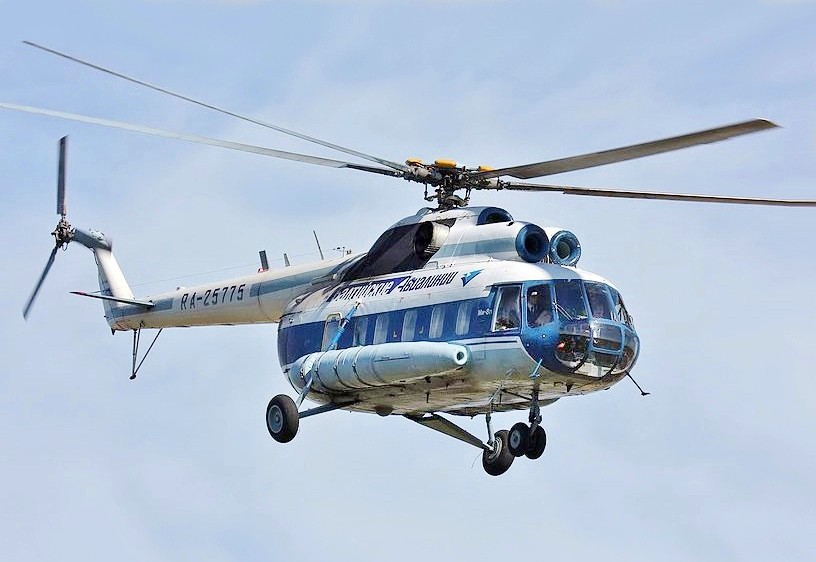U.S. Transfers Afghan Black Hawk Helicopters From Uzbekistan to Peru
The United States has transferred UH-60 Black Hawk helicopters from Uzbekistan to Peru, as part of a broader strategy for managing military equipment evacuated from Afghanistan following the collapse of the former Afghan government in 2021, Diplomat.uz reported. The helicopters were initially supplied by the U.S. to the Afghan Air Force and were flown to Uzbekistan by Afghan pilots in August 2021, when the Taliban seized control of Kabul. According to Ukrainian media, the aircraft involved are UH-60A+ Black Hawks that remained outside Afghanistan after the Taliban’s takeover. Reports indicate that nine Black Hawks were delivered to Peru in 2024. In February 2025, an additional seven helicopters were transferred from Central Asia to the U.S., reflecting Washington’s phased approach to reallocating military assets left abroad after the withdrawal from Afghanistan. Defense experts say these transfers are part of a strategic effort to strengthen the capabilities of U.S. partner countries while resolving the status of equipment no longer operable by the Afghan National Defense and Security Forces. The Taliban, now in control of Afghanistan, has repeatedly insisted that all aircraft flown out in 2021 remain the property of Afghanistan and must be returned. On September 10, Taliban spokesman Zabihullah Mujahid claimed Uzbekistan had agreed to return 57 helicopters, calling the move a step toward rebuilding the country’s air force and improving bilateral relations with Tashkent. Uzbekistan’s Ministry of Foreign Affairs swiftly denied the claim. On September 11, ministry spokesperson Ahror Burkhanov stated that reports of an agreement to return the helicopters “do not correspond to reality” and labeled the information as false. Uzbek officials have consistently affirmed that the helicopters are U.S. property and emphasized their role in ensuring the aircraft did not fall into Taliban hands. According to the U.S. Department of Defense, 46 Afghan military aircraft, including Mi-17 and UH-60 helicopters, as well as PC-12, C-208, AC-208, and A-29 fixed-wing planes, were flown to Uzbekistan in 2021. An additional 18 aircraft were relocated to neighboring Tajikistan. Analysts say the ongoing redistribution of former Afghan military assets illustrates unresolved legal and political questions over equipment left behind in the wake of the U.S. withdrawal. The issue continues to influence regional diplomacy and international security calculations more than four years after the fall of the Afghan government.






